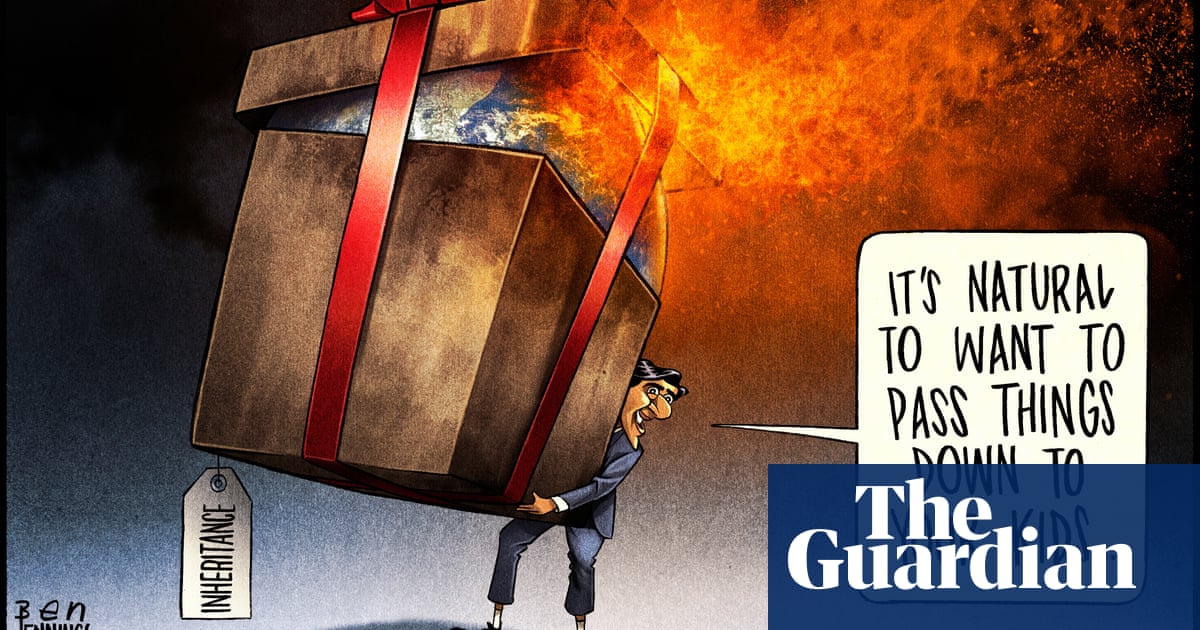
Britain’s first double-digit inflation in more than four decades has cast doubts on the plausibility of the tax cuts being promised by Liz Truss and Rishi Sunak during their leadership battle, one of the UK’s leading thinktanks has said.
Following news that the government’s preferred measure of the cost of living rose by 10.1% in the year to July, the Institute for Fiscal Studies said higher inflation would mean extra spending on welfare benefits, state pensions and on debt interest.
The result of inflation being five times higher than a year earlier would be weaker public finances, making it harder for either of the two hopefuls to replace Boris Johnson to make good on their tax pledges, the IFS said.
Truss, the frontrunner to be the next prime minister, has said she would reverse the increase in national insurance contributions and not go ahead with the planned rise in corporation tax next year – with her package estimated to cost £30bn. Sunak has said he would cut taxes but only when inflation is back under control.
But the IFS said in the next financial year – 2023–24 – borrowing was likely to increase by £23bn, because the government would need to uprate benefits and pensions in line with a higher inflation rate at a cost of £4bn and also pay £54bn in higher debt interest on inflation-linked bonds. The spending increases would only be partly offset by a £34bn increase in tax revenues as a result of rising inflation.
The thinktank said there would be additional pressures, probably running into tens of billions of pounds, to continue to support households struggling with higher energy bills and to compensate public services for the impact of higher than expected inflation.
In a new report published today, the IFS said Truss and Sunak needed to recognise the even greater than usual uncertainty in the public finances. Pressures on public services would be more acute, higher spending than planned looked “inevitable” and tax revenues would depend on the length and depth of the recession being forecast by Threadneedle Street.
The thinktank said additional public borrowing in the short term was not necessarily a problem – and might be appropriate to fund targeted support, but large permanent tax cuts on the scale being mooted during the Tory party’s hustings would exacerbate “already substantial pressures” on the public finances unless matching spending cuts were also implemented. In reality, “significant” spending increases were likely to be needed in face of high inflation, it added.
Carl Emmerson, deputy director of the IFS and an author of the report, said: “The reality is that the UK has got poorer over the last year. That makes tax and spending decisions all the more difficult. It is hard to square the promises that both Ms Truss and Mr Sunak are making to cut taxes over the medium-term with the absence of any specific measures to cut public spending and a presumed desire to manage the nation’s finances responsibly.”
Sunak’s campaign responded saying the IFS analysis “drives a coach and horses” through his rival’s proposals, and that he has “consistently made the case that permanent, unfunded tax cuts would cause significant damage to the public finances and push inflation up higher”.
The Bank of England expects inflation to fall sharply next year after peaking at more than 13% in October.












